For patients with relapsed/refractory follicular lymphoma (R/R FL), chimeric antigen responder (CAR) T-cell therapy offers the best chance of survival, despite its high rate of serious side effects and the need to travel to infusion centers. Alternatively, updated chemo+immunotherapy regimens and bispecific antibodies provide less rigorous but effective treatment options for low-risk patients who cannot tolerate or access CAR T.
"CAR T-cells offer patients with relapsed or refractory follicular lymphoma the most durable responses and improved chance of survival beyond all other available therapies. This holds true for a broad range of high-risk disease features in patients with relapsed or refractory FL. Furthermore, it accomplishes this with a single infusion, and a discrete toxicity that is predictable, reversible, and manageable," said Caron Jacobson, MD, MMSc, of the Dana-Farber Cancer Institute in Boston.
Presenting at the Great Debates & Updates Hematologic Malignancies conference, held on April 5-6 in New York City, Dr Jacobson argued that more patients with R/R FL should be treated with CAR T.
She cited follow-up results from the ZUMA-5 study indicating that patients with R/R FL treated with the CAR T axicabtagene ciloleucel (YESCARTA; Kite Pharma) have a median progression free survival (PFS) of 57.3 months and a complete response rate (CR) of 80%. Furthermore, the lymphoma-specific 4-year PFS appears to be reaching a plateau, suggesting that some patients treated with the agent may be cured.
The most significant drawback of treatment with axicabtagene ciloleucel is cytokine release syndrome (CRS) and neurotoxicity, which occurred at grade 3 and higher in 6% and 15% of ZUMA-5 participants, respectively.
Two newer studies of anti-CD-19 CAR T-cell therapy in R/R FL, tisagenlecleucel in ELARA and lisocabtagene maraleucel in TRANSCEND FL, suggest that other CAR T-cell treatments can be as effective as axicabtagene ciloleucel but with fewer side effects.
At a median follow up of 29 months, CR among patients in the ELARA study was 68.1%, and the overall response rate (ORR) was 86.2%. Fewer than half of patients had any CRS, and none had grade three or higher. Only 10% of patients had serious neurologic events, with only 1% of these events rated as grade three or higher.
At a median of 18.1 months, patients in the TRANSCEND FL study had a CR of 94% and an ORR of 97%. Over 58% of patients had CRS, but it was grade 3 or higher only 1% of the time (one patient); 15% of patients had neurologic toxicity, but it was grade 3 or higher only 2% of the time (three patients).
Dr Jacobson's opponent in the debate Peter Martin, MD, of NewYork-Presbyterian Hospital, Weill Cornell Medicine in New York City, acknowledged the strong performance of CAR T in R/R FL patients but argued that they should be used only in a small subset of patients.
"About 20% of patients will experience an early recurrence or progression of diseases within 24 months (PoD-24) which is associated with worse outcomes. About half of those patients experienced transformation, so they have diffuse large B-cell lymphoma, and they're getting CAR T-cells. In the end, only 10% of patients with follicular lymphoma are relapsed or refractory and should consider getting Car T-cell therapy," said Dr Martin, who focused the rest of his presentation on the best options for treating patients with indolent R/R FL who did not have PoD-24.
He said these patients may be able to avoid the side effects of CAR T and perform well when treated with lenalidomide rituximab (R2) or bispecific antibodies. Data from the MAGNIFY trial of patients with R/R FL indicate that patients treated with R2 who did not experience relapse less than 24 months after starting treatment and were not heavily refractory to rituximab achieved a median PFS of over 4 years, with grade 3 or higher adverse events occurring in 5% of patients or less.
Treatment with bispecific antibodies, although inferior in performance to CAR T-cell therapy, may offer durable responses in some R/R CL patients without the risk of side effects associated with CAR T.
Mosunetuzumab, a bispecific antibody that is currently approved for follicular lymphoma, is designed with step-up dosing to reduce cytokine release syndrome and "achieved a complete response rate of 60% and a median PFS that looks like it's probably about 2 years," said Dr Martin, noting that some patients continue to do well after the 3-year mark and speculated that "there will be some really long-term responders."
In addition to the possibly durable nature of bispecific antibodies, they induce cytokine release syndrome at a much lower rate than CAR T, and most side effects are manageable in an outpatient setting, "usually just with Tylenol occasionally with a dose of steroids," said Dr Martin.
He contrasted this response with CAR T-cell therapy, which requires referral and travel to a specialized center for at least 1 month around the time of therapy.
Despite the differences of opinion between the presenters about whether CAR T should be used more or less in R/R FL, essentially the two specialists were making recommendations for different patient groups.
Dr Jacobson observed that "Dr Martin is looking at the 80% of people who do really well with follicular lymphoma. Those are the people who don't require a third line of therapy. They are the people who don't have PoD-24. I'm looking at the 20% of people who either do require a third line of therapy or who do have PoD-24, and we're not treating nearly enough of those patients with follicular lymphoma."
"We're actually arguing about treatment strategies for different populations of patients. And I think ultimately, we agree more than we disagree in the end," she concluded.
The notion that CAR T, chemotherapy, and bispecific antibodies all have a place in treating R/R FL patients is supported by Charalambos (Babis) Andreadis, MD, hematologist at the University of California San Francisco's Helen Diller Family Comprehensive Care Center. "If I had a patient with follicular who relapsed 24 months or later after primary therapy and had active disease that needed treatment, most providers would do a lenalidomide-based or chemo-based regimen. Down the line either bispecific or CAR T would be appropriate in third line," said Dr Andreadis.
However, he noted, "for someone who is an early progressor, I would similarly not be able to use either [chemotherapy or bispecific antibodies] in second line [therapy] but would definitely think that early CART would be a good option to consider given the longevity of the observed responses so far."
Dr Martin disclosed ties with AbbVie, AstraZeneca, BeiGene, Daiichi Sankyo, Epizyme, Genentech, Janssen, Merck, and PeproMene. Dr Jacobson reported relationships with AbbVie, Abintus Bio, ADC Therapeutics, Appia Bio, AstraZeneca, BMS/Celgene, Caribou Bio, Daiichi Sankyo, ImmPACT Bio, Ipsen, Janssen, Kite/Gilead, MorphoSys, Novartis, Sana, Synthekine, Kite/Gilead, and Pfizer. Dr Andreadis had no disclosures.
This article originally appeared on MDedge.com, part of the Medscape Professional Network.

.webp) 2 weeks ago
26
2 weeks ago
26
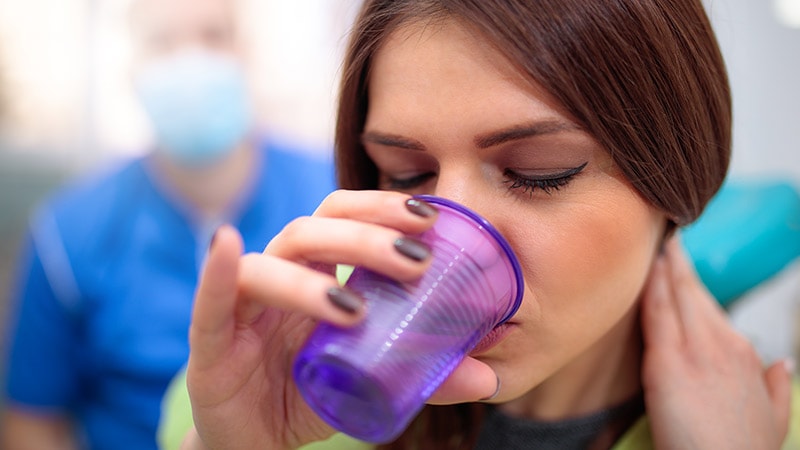
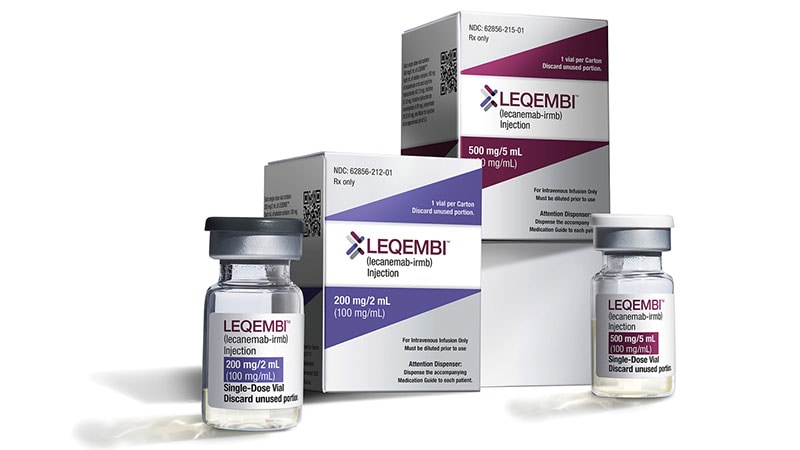

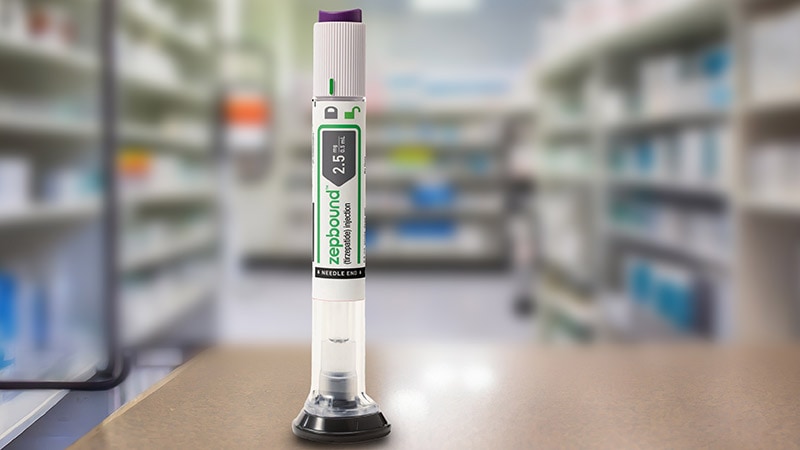
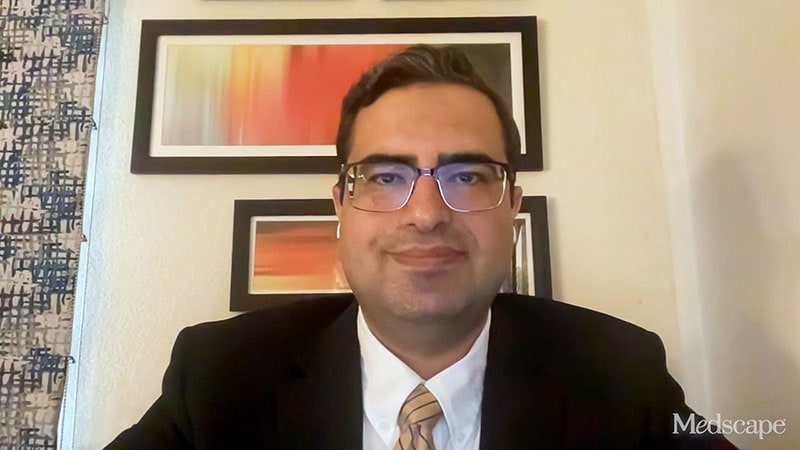


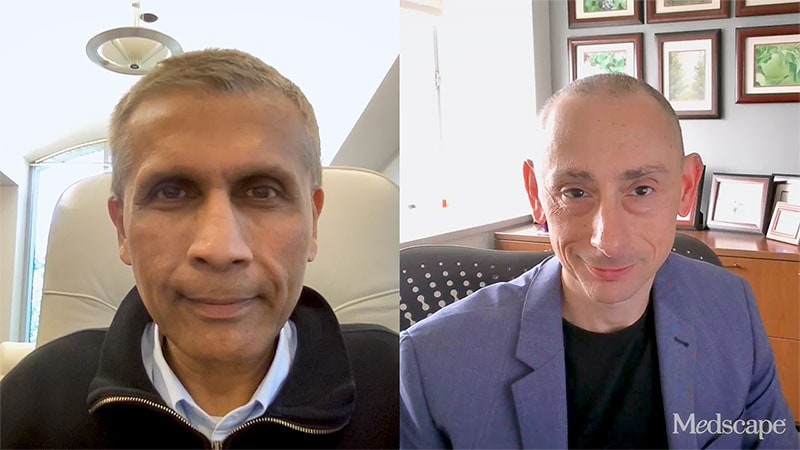
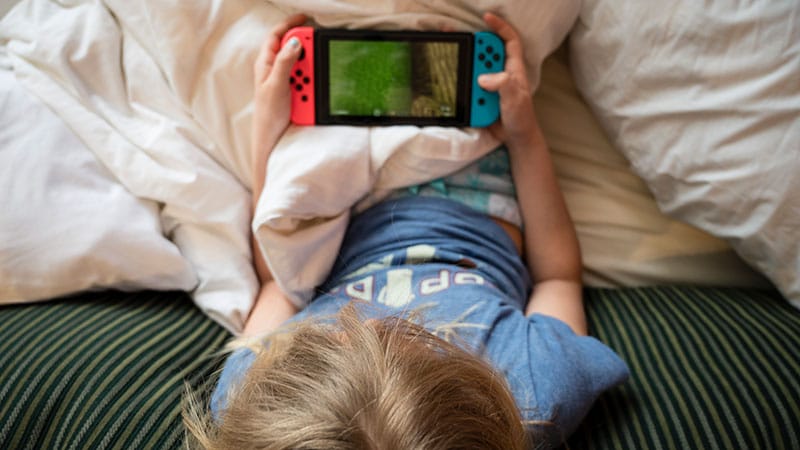


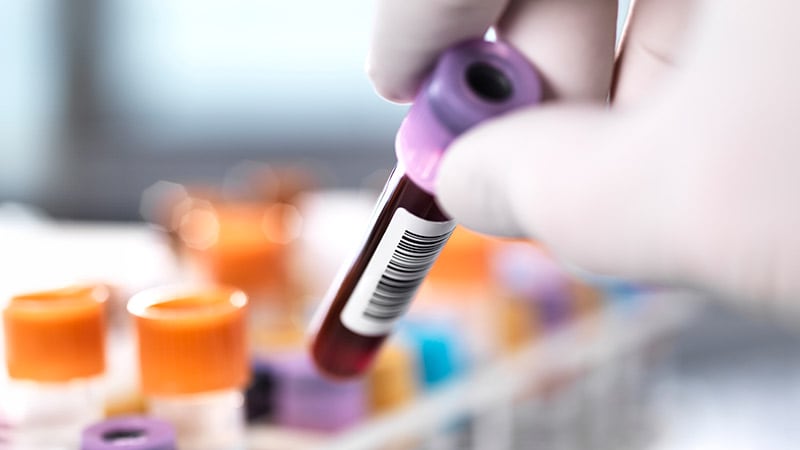
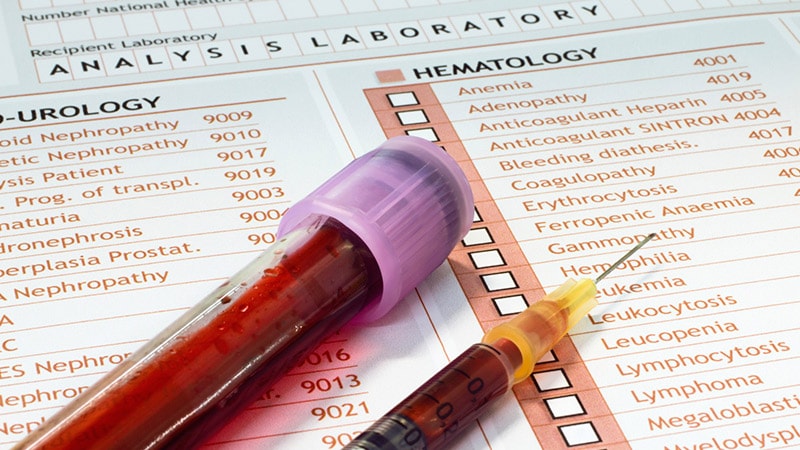














 English (US)
English (US)